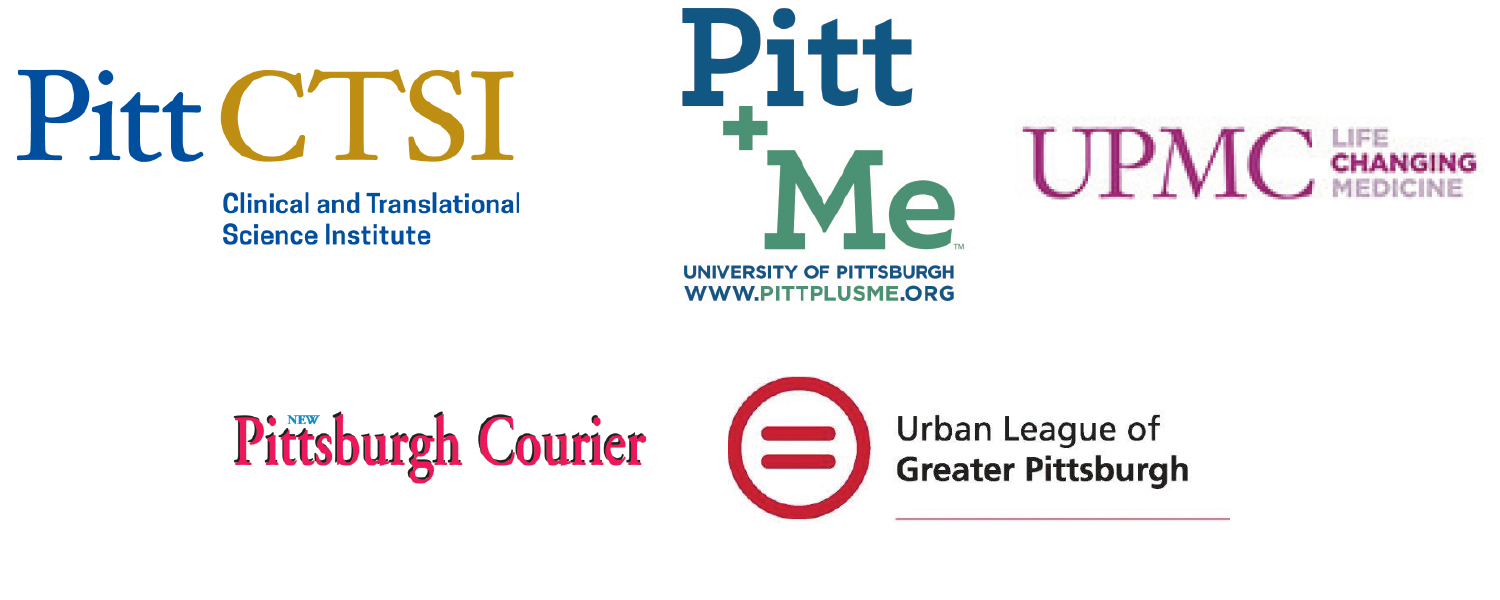DR. PATRICIA DOCUMET
Take a moment to think about your most meaningful relationships. Who are they with? What makes them so satisfying? Whether they’re with family members, friends, or both the common thread is the connection you feel when someone accepts you fully and is there for you.
University of Pittsburgh’s Dr. Patricia Documet, associate professor and director of the doctoral program in Behavioral and Community Health Sciences, studies how social relationships impact physical and mental health among disempowered minorities, especially Latinos.
In Allegheny County, the Latino community includes about 34,000 people living in 112 different ZIP Codes. The largest number of Latinos (about 1,000 each) reside in Beechview and Brookline. Many don’t speak/understand English well. Most come to Pittsburgh through a connection.
Dr. Documet explains, “A man from Guatemala may work at a restaurant in Squirrel Hill near his apartment, so his brother also immigrates to Pittsburgh. However, the brother gets a job and an apartment in Robinson. Neither has a car and public transportation is difficult when you don’t speak English, have limited income, and work a lot. Even though they’re brothers, they don’t have much physical contact — and it’s not easy to find other Guatemalans who share your language and culture.”
These and other barriers lead to social isolation, which is associated with a higher risk for health problems. To complicate things, social isolation also makes it difficult to get consistent, quality healthcare.
To change that, community health workers (CHWs) are trained to bridge language and cultural gaps and improve healthcare by building relationships with socially isolated people including helping them use community services.
In one of Dr. Documet’s studies, male, Latino CHWs were instructed to find and talk to immigrant, Latino men in parks, festivals, and restaurants. “The CHWs spoke Spanish and were familiar with the culture,” she says. “They asked questions and listened… about the men’s families, their jobs, their use of alcohol, what they ate, if they exercised. They set up doctor and dental visits. They also asked what the men needed to be healthier and happier.”
The needs included everything from learning how to stop fighting with a son to drinking less alcohol to getting out of an abusive relationship — with the CHWs acting as the men’s advocates.
The CHWs also encouraged the men to attend monthly training with them on topics like immigration, STDs, dental health, relationships with police, diabetes, and sexual health.
“The relationships between the CHWs and their clients developed and became stronger,” says Dr. Documet. “When this happened, the men began to feel the CHW was ‘there for them.’ This connection is important. We know from previous studies that meaningful social relationships lead to better health outcomes and longer life.”
Dr. Documet and her team have completed similar studies. One focused on CHWs and physical exercise that could be done cheaply in the home. “This was a need born out of fears about immigration, followed by the pandemic,” she explains.
Another study involved children and youth and mental health. “The Latino culture values what we call ‘mental strength.’ If you can just ‘be strong,’ everything will be okay,” says Dr. Documet. However, when parents work all day, older siblings often become parents to younger siblings. That can lead to feelings of frustration and isolation. “The older children don’t want to tell their parents how they feel and add to the parents’ stress. Even if they do say something, there are barriers to getting care, such as lack of insurance or transportation.”
The results all of Dr. Documet’s studies are similar: When CHWs become healthcare advocates for underserved people — and go-betweens to community resources — health outcomes improve, so much so that they’re being recognized and covered by health insurance companies.
